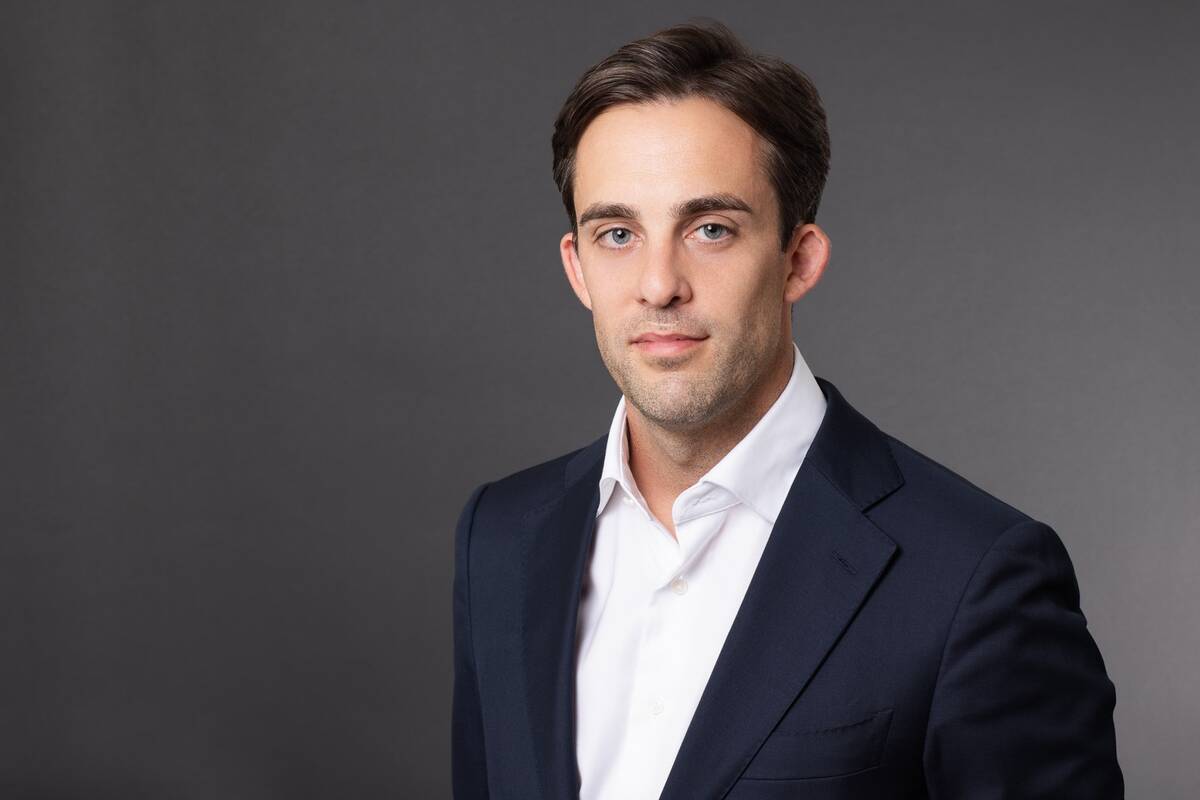RIYADH: Public Investment Fund-owned Cruise Saudi is preparing for substantial growth in the Kingdom’s maritime tourism sector, announcing plans to launch a new cruise later this year.
Founded in 2021 to develop the necessary infrastructure and services for a comprehensive cruise market in Saudi Arabia, the company currently oversees three ports that have collectively welcomed over 370,000 guests from around the world.
In an interview with Arab News at the Future Investment Initiative in Riyadh, CEO Lars Clasen detailed the company’s strategy to advance the cruise industry within the Kingdom, revealing a clear roadmap for significant operational expansion by 2030.
“Ultimately, we plan to have 10 destinations available. We have four in development at this very moment. On top of the three we have operational right now, there are three further in the pipeline,” he said.
The company aims to attract 1.3 million passengers annually by 2035.
To support this growth, Cruise Saudi is developing additional ports, including a new island destination set to open soon. “We will very soon, also in December, open up an island which offers a wonderful beach and water sport activities exclusively to cruise guests,” Clasen announced.
He elaborated: “It’s an island, some 200 miles south of Jeddah in the Red Sea, and it’s exclusively developed for cruise guests. This will be our next destination, our fourth destination, which we will be offering.”
The upcoming cruise line, Aroya, will primarily target the Arabian market, focusing on guests from Saudi Arabia and neighboring Gulf Cooperation Council countries. “We have the tagline ‘Remarkably Arabian.’ Successful cruise lines target their product offerings and the guest experience to specific source markets.”
Aroya is designed to accommodate over 3,000 guests, positioning it as a premium mainstream option. In contrast, the ultra-luxury Aman at Sea will target a global audience.
Despite geopolitical challenges currently limiting cruise traffic to the Red Sea, Clasen remains optimistic about the industry’s recovery, stating: “Right now, cruise ships are not really visiting the Red Sea due to the geopolitical situation, but we hope that traffic will return very soon.”
Cruise Saudi is committed to developing essential infrastructure alongside its cruise offerings. Clasen emphasized the need for a comprehensive approach: “When I say cruise industry, it’s not just about (establishing) a cruise line; we are also developing ports, terminals, and shore excursions.”
He identified the cruise industry as a substantial global business opportunity, asserting: “The cruise industry is a fairly large industry worldwide.”
Clasen further highlighted the long-term nature of the cruise business, noting that the lifespan of a cruise vessel can extend up to 40 years. He revealed the significant investments necessary for launching a cruise line, estimating the cost of a new cruise ship at around $1 billion, or approximately SR4 billion.
In terms of job creation, Cruise Saudi has set ambitious targets, aiming to generate 50,000 direct and indirect jobs in the cruise sector by 2035.
He reiterated Cruise Saudi’s commitment to sustainability, stating that energy efficiency standards will guide the development of new terminals and vessels. “We put a lot of emphasis on sustainability. When developing a terminal, we do it according to the latest energy efficiency and sustainability standards and measures. When we order a cruise ship, we order a cruise ship with engine configuration that will help us get closer to net zero,” he added.
Looking ahead, Clasen expressed confidence in the company’s growth trajectory, hinting at future capital market opportunities. “We’re just getting started, and I won’t exclude that (tapping into the capital market). Definitely not. But it’s too early. First, we’d like to introduce our products to the market, gain some traction, and become commercially successful,” he concluded.




























